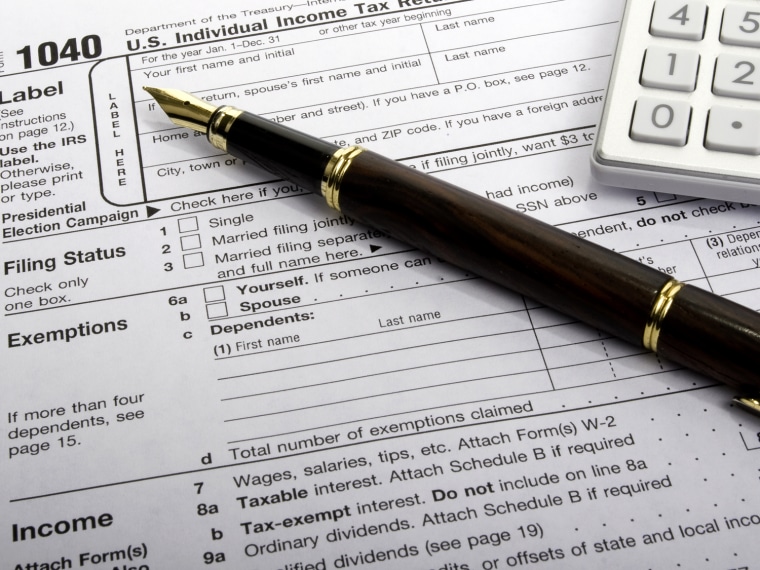In politics, there's an important difference between traditional norms and legal requirements. Since Watergate, every major-party presidential candidate has released at least some of his or her tax returns, not because it's mandatory, but because it's the kind of routine disclosure Americans have come to expect.
Donald Trump, of course, is blazing a new trail, refusing to release the materials for reasons that don't make sense.
But what if Trump didn't have a choice? The Connecticut Mirror reported yesterday on a legislative effort I've been keeping an eye on.
Since Donald Trump has declined to release his tax returns, Sen. Chris Murphy is backing a way to make them public -- a bill that would force the issue. Partnering with fellow Democratic Sen. Ron Wyden, D-Ore., Murphy on Thursday pressed for votes for a bill that would require all presidential candidates from major parties to make public their tax returns within two weeks of their parties' national conventions. The effort is part of a renewed Democratic campaign over Trump's tax filings.
The name of the bill is the "Presidential Tax Transparency Act," and as the Mirror's article explained, it would "force the Treasury Department to post presidential candidates' returns on the Federal Elections Commission web site if that candidate did not disclose the information within two weeks of their nominating convention."
As of this morning, the measure only has five co-sponsors -- all of them members of the Democratic minority -- including Sen. Tim Kaine (D-Va.), the Dems' vice presidential nominee. In other words, this bill isn't going anywhere fast, and it certainly won't affect the 2016 election cycle.
But circling back to our previous coverage, if we put aside legislative projections, does the idea itself have merit?
There's really no reason lawmakers couldn't add some formality to the current process, turning a traditional norm into a requirement. We already require candidates, by law, to make financial and fundraising disclosures, for example. They have no choice in the matter. Candidates preferring to shield the materials from public scrutiny can either follow the disclosure laws or they can stop seeking elected office.
If Americans have come to believe tax returns are of comparable significance, there's no obvious reason to make it optional.
In a Republican-led Congress, there's no reason to expect a bill like this to gain traction, but it'll be worth watching this effort in the coming years.
